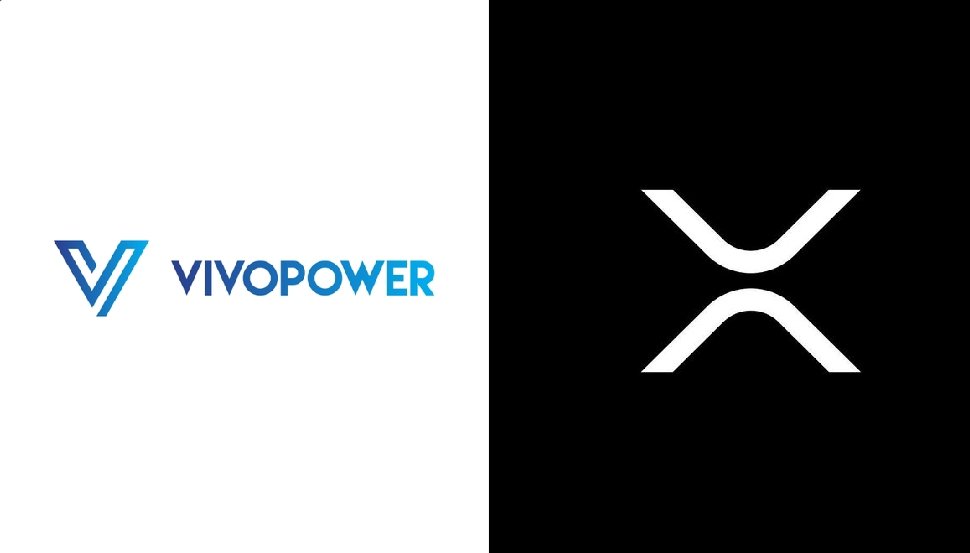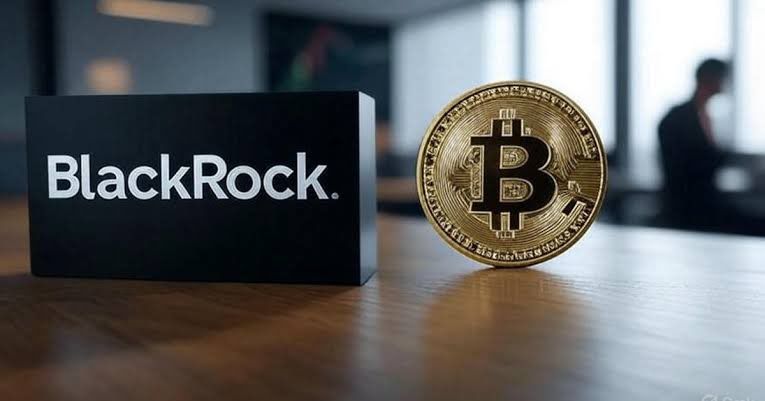S&P Global Ratings has formed a partnership with blockchain oracle provider Chainlink to bring its stablecoin stability assessments on-chain. This introduces an independent risk analysis framework directly into decentralized finance (DeFi) markets through blockchain infrastructure.
The tie-up enables S&P Global’s Stablecoin Stability Assessments (SSAs), which evaluate a stablecoin’s ability to maintain value parity with fiat currencies, to be published in real time on public blockchains using Chainlink’s DataLink oracle network.
Unlike traditional credit ratings, SSAs offer a 1–5 scoring system that analyzes collateral quality, governance, regulatory compliance, liquidity, and redemption mechanisms. As of launch, S&P provides assessments for 10 major stablecoins, including USDT, USDC, and Sky Protocol’s USDS/DAI.
The effort initially focuses on Base, Coinbase’s Ethereum Layer 2, with expansion to other blockchains anticipated as DeFi sector demand grows. Automated smart contracts, lending protocols, and institutional market participants can now integrate these real-time risk scores into their systems, eliminating reliance on off-chain, manual updates or opaque risk models.
Why Transparency Is Crucial for the Stablecoin Sector
The stablecoin sector, which has grown to a combined market cap of $301 billion in October 2025, is at the heart of DeFi’s explosive growth. But repeated episodes of depegging, poor disclosure, and governance failures have spurred demand for objective third-party analysis.
S&P’s SSAs aim to add transparency, enabling on-chain and off-chain institutions to programmatically reference stability metrics for lending, yield generation, and collateral management.
S&P Global Ratings Partnership Enhances DeFi
DeFi platforms may automate reactions to shifts in stablecoin risk profiles, such as modifying loan-to-value ratios or limiting certain collateral types, by using straightforward, machine-readable risk evaluations. The change could become an industry standard for integrating conventional financial standards with blockchain-native markets, opening the door to a new class of risk-aware, rules-based DeFi products.
Chainlink reported that its infrastructure now secures over $25 trillion in cumulative on-chain transaction value, and S&P’s move follows similar real-world data integrations from institutions such as Deutsche Börse. The collaboration is viewed as a critical step in bridging traditional market analysis and the evolving decentralized financial ecosystem.
Phase one of the rollout is live on Base, with future launches on other EVM-compatible networks in the pipeline. Analysts expect rapid uptake among DeFi lenders, stablecoin issuers, and tokenization platforms seeking to bolster user trust and risk management.
READ MORE: GLXY Stock Price C&H Pattern Points to a Galaxy Surge to $70












